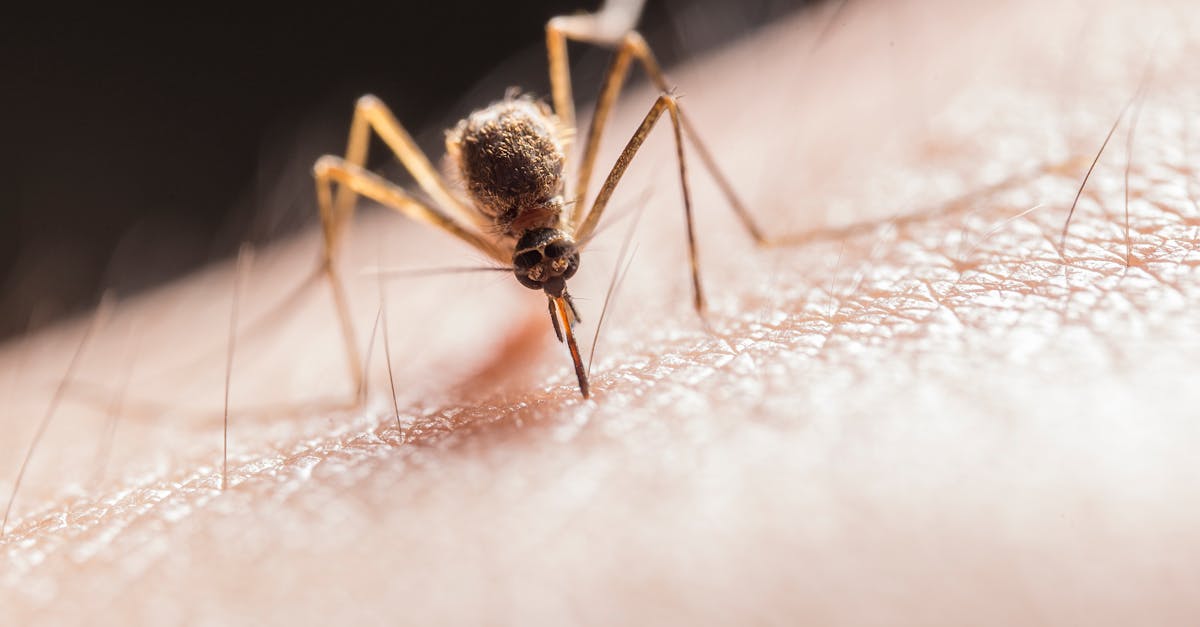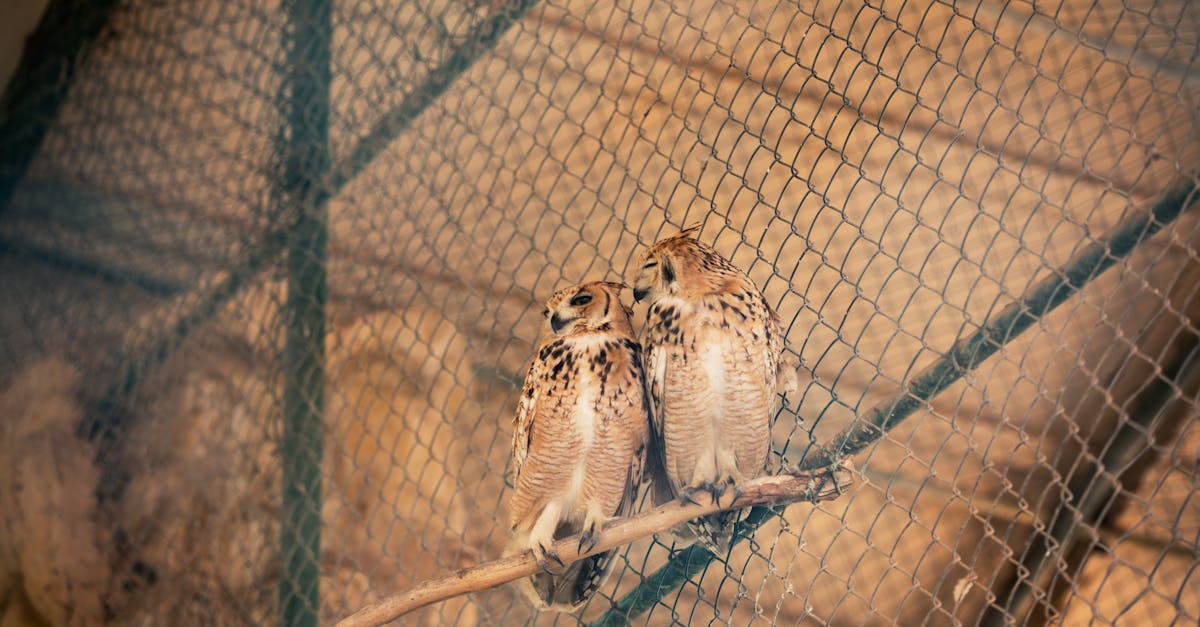Great Horned Owls are one of the most iconic and recognizable birds of prey in North America. Known for their tufted ears and striking appearance, these magnificent creatures captivate the imagination of bird watchers and wildlife enthusiasts alike. One common question that arises is, “How long do Great Horned Owls live?” In this article, we will delve into the lifespan of these remarkable birds, providing you with detailed insights and fascinating facts. Let’s explore this topic through a structured approach, including a helpful table and an FAQ section to address your curiosities.
| Age Range | In the Wild | In Captivity |
|---|---|---|
| 1-5 years | Common lifespan | 10-15 years |
| 6-10 years | Less common but possible | 15-20 years |
| 11-20 years | Rare but documented | Up to 30 years |
Understanding Lifespan in the Wild
Great Horned Owls typically have a lifespan ranging from 1 to 5 years in the wild. Predation, disease, accidents, and environmental factors play significant roles in limiting their life expectancy. Young owls face numerous threats, including larger birds of prey, humans, and habitat destruction. As they mature and become more adept at hunting and evading danger, their chances of living longer increase, but the average lifespan remains relatively short due to these challenges.

The Longevity of Captive Great Horned Owls
In captivity, Great Horned Owls can live significantly longer, often reaching ages of 10 to 20 years. The controlled environment, regular feeding, and absence of natural predators contribute to their increased longevity. In some cases, these owls have been known to live up to 30 years under human care, showcasing the potential for a much longer life when protected from the harsh realities of the wild.

Factors Influencing Lifespan
Several factors influence the lifespan of Great Horned Owls, including diet, habitat, and genetics. A well-balanced diet rich in nutrients allows these birds to thrive, while access to suitable habitats ensures their survival and reproductive success. Additionally, genetic diversity plays a crucial role in determining their overall health and longevity. Populations that suffer from inbreeding may face higher risks of health issues, which can ultimately shorten their lifespan.

Health Issues and Lifespan
Health problems, including diseases such as West Nile Virus, lead poisoning, and parasites, pose significant threats to Great Horned Owls. In the wild, these health issues can quickly become fatal, especially in younger birds. In contrast, captive owls receive veterinary care, vaccinations, and preventive treatments that mitigate these risks, allowing them to live longer, healthier lives.

Behavioral Adaptations and Survival
Great Horned Owls exhibit various behavioral adaptations that help them survive in the wild, including their ability to hunt a wide range of prey. This flexibility in diet means they can thrive in diverse environments, from forests to urban areas. However, these adaptations also mean that their life expectancy can vary greatly depending on their environment and the availability of food sources.

Conservation Efforts and Lifespan
Conservation efforts aimed at protecting Great Horned Owls and their habitats can have a positive impact on their lifespan. By preserving natural habitats, reducing human impact, and promoting biodiversity, we can help ensure that these magnificent birds have the best chances for survival and longevity in the wild. Organizations focused on wildlife conservation play a crucial role in educating the public and advocating for sustainable practices that benefit Great Horned Owls and other wildlife.

FAQs About Great Horned Owl Lifespan
How long do Great Horned Owls typically live in the wild?
In the wild, Great Horned Owls usually live between 1 to 5 years, but some can survive longer if they evade predators and find sufficient food sources.
What is the maximum lifespan of Great Horned Owls in captivity?
In captivity, these owls can live up to 30 years, thanks to regular care, a stable environment, and protection from predators.
What factors can affect the lifespan of Great Horned Owls?
Factors include diet, habitat quality, genetic diversity, health issues, and environmental threats such as habitat destruction and pollution.
Are Great Horned Owls endangered?
Great Horned Owls are not currently classified as endangered; however, their populations can be affected by habitat loss and environmental changes.
What can we do to help Great Horned Owls?
Supporting wildlife conservation efforts, protecting natural habitats, and promoting awareness about the importance of these birds can help ensure their survival.
For more information about Great Horned Owls and their conservation, visit the [U.S. Fish & Wildlife Service](https://www.fws.gov) and the [Cornell Lab of Ornithology](https://www.birds.cornell.edu).
